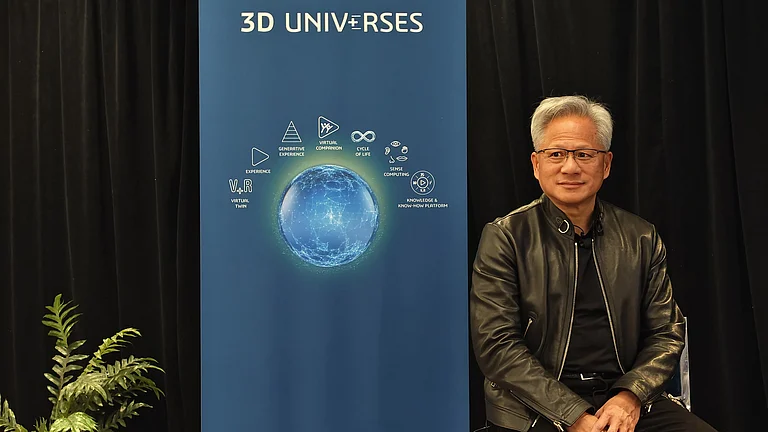
Google is making a strategic shift by offering its custom TPUs for installation within customer data centres
Meta is reportedly in talks to spend billions to deploy TPUs on-premise starting 2027, validating Google's shift
The inversion from cloud-only to on-premise TPUs aims to reduce hyperscalers' dependence on Nvidia
Google is stepping up an aggressive push into AI hardware by offering its custom tensor processing units (TPUs) for installation inside customers’ own data centres, The Information reported. It is a strategic shift that could reduce hyperscalers’ dependence on Nvidia.
Meta is reportedly in talks to spend billions to deploy TPUs in its data centres beginning in 2027 and may rent TPU capacity from Google Cloud as early as next year, a potential win that would give Google an anchor customer for its expanded TPU business.
Historically Google kept TPUs inside its cloud and internal infrastructure. The new strategy lets customers place Google-designed accelerators on their own racks or rent capacity via Google Cloud. That inversion, from cloud-only to both cloud and on-premise, is meant to appeal to companies with strict data-sovereignty or latency needs and to undercut Nvidia’s dominance in AI chips.
Meta’s Potential Role
As per the report, Meta is evaluating both near-term TPU rentals and a multi-billion-dollar on-premise deployment from 2027.
For Google, a firm commitment from one of the world’s largest cloud compute buyers could be transformational. It would validate TPUs as a viable alternative to Nvidia GPUs and could swing meaningful revenue and leverage Broadcom and other suppliers tied into TPU production. Market reaction to the news lifted Alphabet shares and weighed on Nvidia.
Hyperscalers and large AI firms are racing to secure enormous AI compute at scale. Buyers want options beyond a single dominant supplier to reduce price pressure, supply risk and geopolitical exposure. Google’s pitch targets customers that value control over infrastructure, finance, trading, and big social platforms, offering both a potential cost/latency play and a supply-diversification story versus Nvidia.
Still, Nvidia’s entrenched ecosystem, software stack and huge installed base remain powerful advantages.
Selling or deploying TPUs on-premise raises engineering, logistics and support challenges that differ from cloud rentals. Integration with customers’ stacks, validated software toolchains, supply-chain volume and long lead times for advanced packaging. Any large on-premise rollouts would likely be staged (rental/cloud first, then purchased deployments) and depend on multi-year procurement cycles.

































